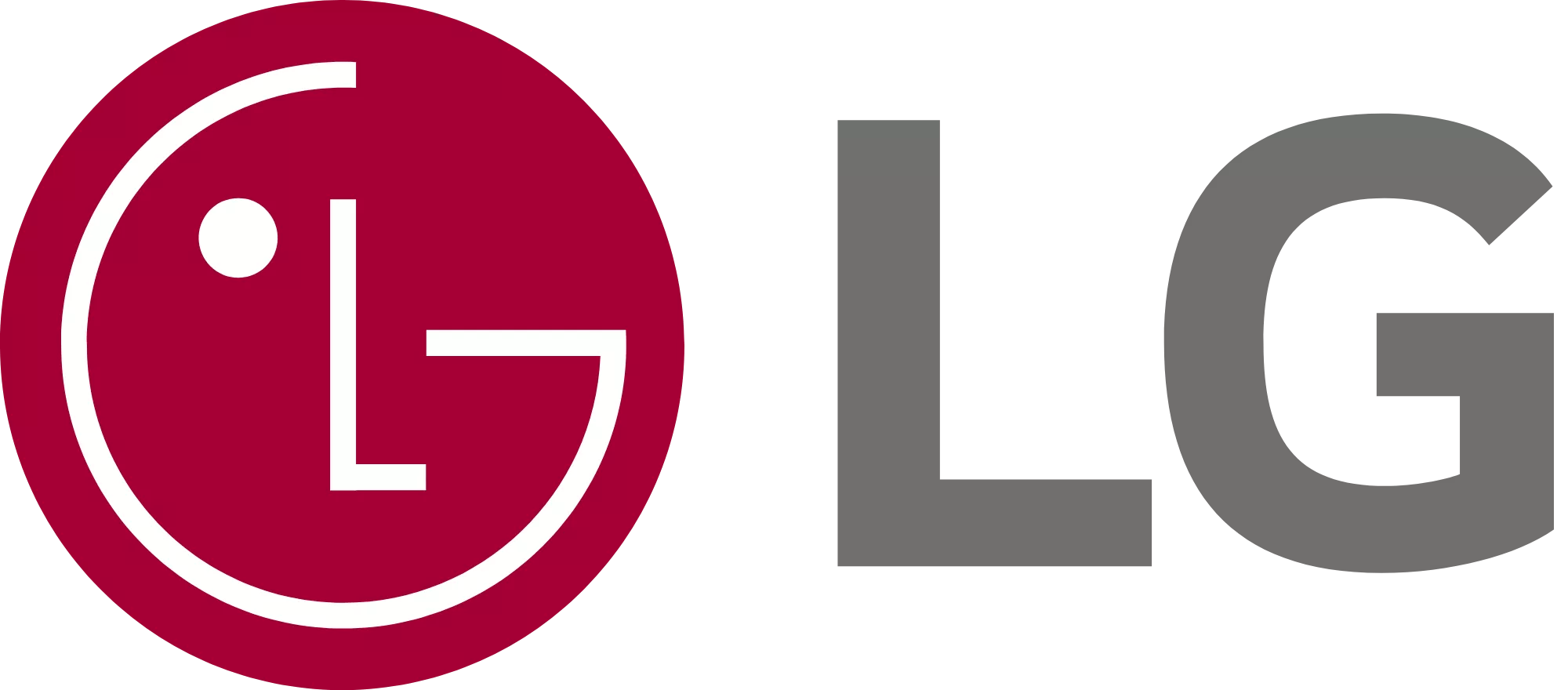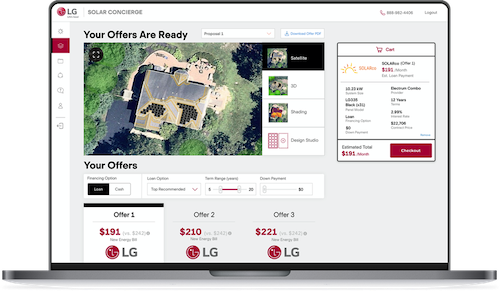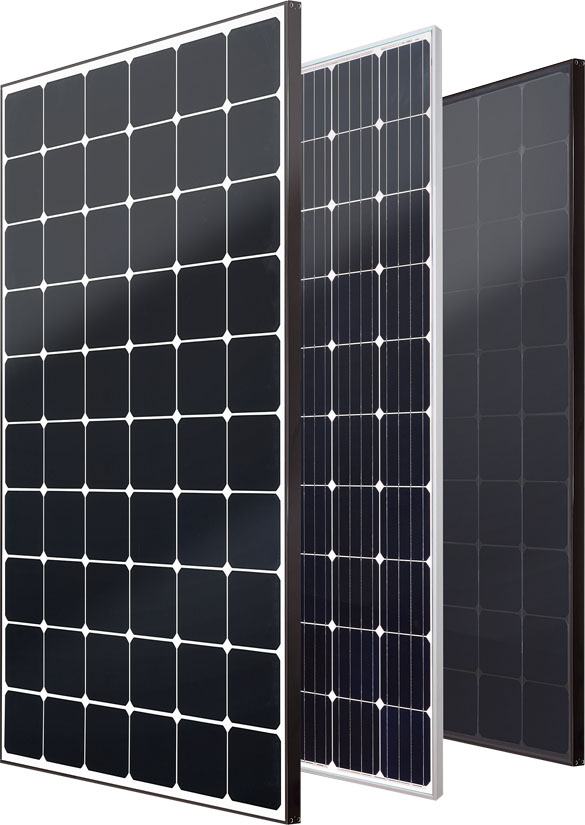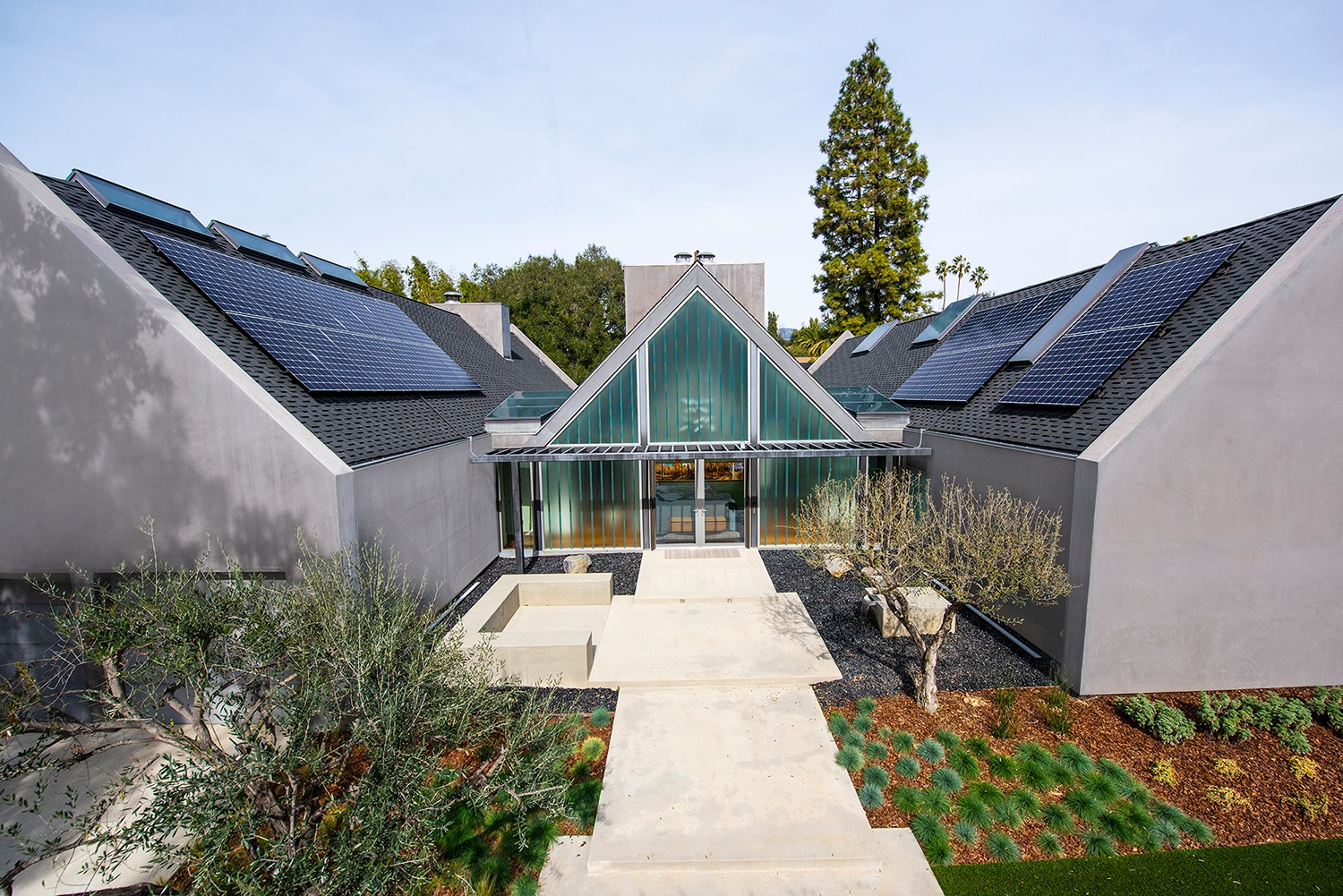1. “Michigan Solar.” SEIA. April 11, 2019. Web.
https://www.seia.org/state-solar-policy/michigan-solar.
2. “Your 2019 guide to getting solar panels for your home in Michigan.”
SolarPowerRocks.com. April 11, 2019. Web.
https://www.solarpowerrocks.com/michigan/.
3. Ibid.
4. “Can solar panels produce power in the winter?” EnergySage. April 11, 2019. Web.
https://news.energysage.com/solar-panels-in-winter-weather-snow-affect-power-production/.
5. “Your 2019 guide to getting solar panels for your home in Michigan.” SolarPowerRocks.com.
April 11, 2019. Web.
https://www.solarpowerrocks.com/michigan/.
6. “Solar Investment Tax Credit.” SEIA. April 11, 2019. Web.
https://www.seia.org/initiatives/solar-investment-tax-credit-itc.
7. “Federal Government of the United States. "Title 26 - Internal Revenue Code". Federal
Government of the United States. Federal Government of the United States. p.520. n.d. Web.
https://www.gpo.gov/fdsys/pkg/USCODE-2011-title26/pdf/USCODE-2011-title26-subtitleA-chap1-subchapB-partIII-sec136.pdf.
10 Dec. 2018.
8. “Distributed Generation (Net Metering) Program.” LARA Public Service Commission. April
11, 2019. Web.
https://michigansaves.org/residential-financing/.
9. “Michigan Saves Residential Financing.” Michigan Saves. April 11, 2019. Web.
https://michigansaves.org/residential-financing/.
10. “How PACE Financing Works.” Lean & Green Michigan. April 11, 2019. Web.
https://leanandgreenmi.com/how_pace_works.








